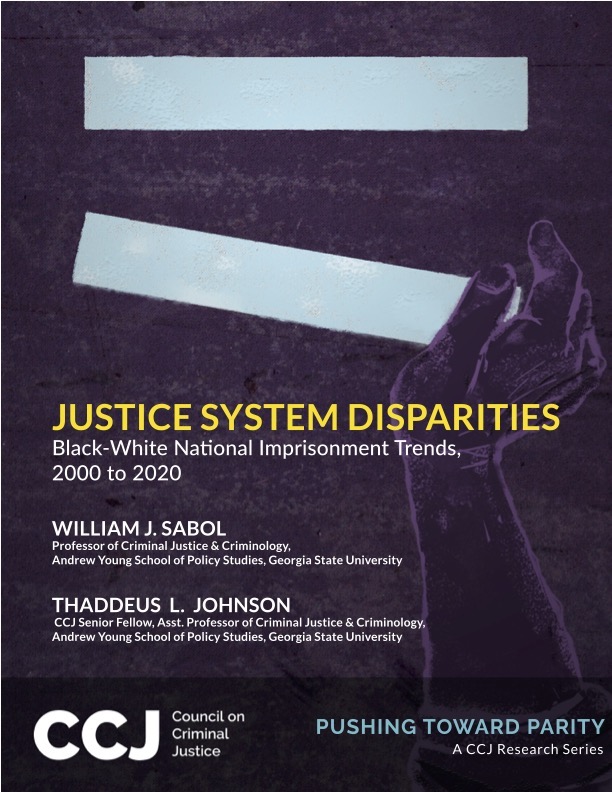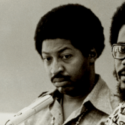 A recent report from the Council on Criminal Justice written by scholars at Georgia State University finds that over the first two decades of the 21st century, the disparity in Black and White state imprisonment rates (the ratio of Black-to-White rates) fell 40 percent. In 2020, Black adults were imprisoned at 4.9 times the rate of White adults, down from 8.2 times in 2000.
A recent report from the Council on Criminal Justice written by scholars at Georgia State University finds that over the first two decades of the 21st century, the disparity in Black and White state imprisonment rates (the ratio of Black-to-White rates) fell 40 percent. In 2020, Black adults were imprisoned at 4.9 times the rate of White adults, down from 8.2 times in 2000.
The number of Black people held in state prisons fell by 27 percent from 2000 to 2020, while the number of White people declined by 4 percent.
The disparity in drug imprisonment rates fell by 75 percent; that drop accounted for about half of the overall decrease in the Black-White imprisonment rate disparity.
Expected length of stay in prison for Black adults increased from 2.2 years to 2.5 years, while for White adults it fell from 2 to 1.8 years.
The Black U.S. adult residential population increased more rapidly than did the number of Black people in prison for a violent offense; consequently, their imprisonment rate fell. The White U.S. adult residential population increased more slowly than the number of White adults in prison for violent offenses, causing their imprisonment rate to increase.
However, in 2020, Black individuals comprised approximately 13 percent of U.S. residents but accounted for 56 percent of homicide victims and 39 percent of those arrested for homicide.
The authors conclude that further reductions in Black-White imprisonment disparities would require one or more of the following:
- Reduced disparity in rates of violent offending. Racial disparity in imprisonment rates for violent offenses was related to racial disparity in violent offending rates. Violent crimes result in much longer prison sentences, which in turn elevate Black imprisonment rates.
- Reduced disparity in prison time served. As disparity in length of stay is currently increasing, reversing this trend and closing the time-served gap would more appreciably contribute to reducing disparity than changes to admissions policies.
- Reduced role of criminal history. Court officials should examine criminal histories carefully before simply applying counts of such events. This scrutiny is warranted by research showing that persons who go several years between arrests are no more likely to be rearrested than persons in the general population











